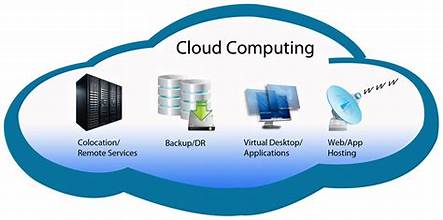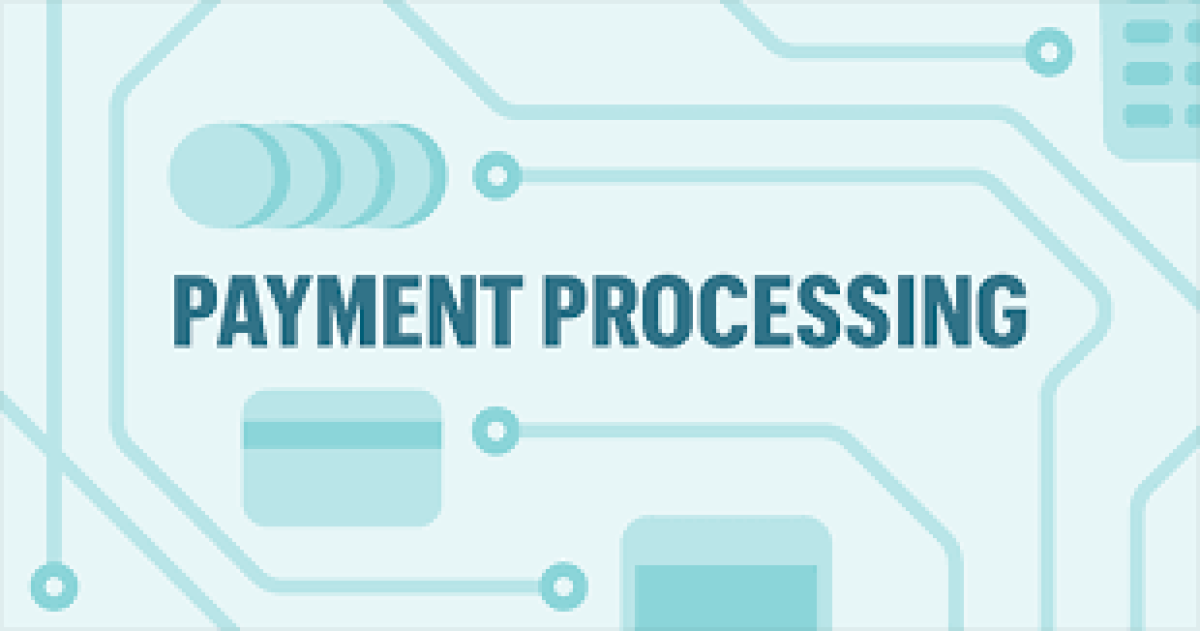AUTHOR: PUMPKIN KORE
DATE: 01/03/2024
In today’s fast-paced digital landscape, the evolution of payment processors has become a pivotal aspect of business operations [3]. As businesses in India continue to embrace technology, the integration of cloud-based software into payment processing systems has emerged as a game-changer. This article delves into the nuances of payment processors, the significance of cloud-based solutions in the Indian market, and the myriad benefits that come with this technological shift.
Before the advent of cloud technology, businesses relied on traditional payment processing methods, which often proved cumbersome and less efficient. Manual handling of transactions and the lack of real-time data accessibility were notable drawbacks. The introduction of cloud-based payment processors revolutionized the landscape. Cloud technology offers incomparable ease of access, scalability, and cost-effectiveness, making it a preferred choice for businesses across India.
Advantages of Cloud-Based Payment Processors
Cloud-based payment processors provide businesses with the flexibility [4] to access transaction data and processing capabilities [5] from anywhere, promoting remote work and enhancing scalability to meet growing demands. The shift to cloud-based solutions eliminates the need for extensive infrastructure and maintenance costs associated with traditional payment processing systems, offering a cost-effective alternative for businesses of all sizes.
Security is a paramount concern in the digital age. Cloud-based payment processors implement advanced security measures such as SSL encryption and two-factor authentication, ensuring robust protection against cyber threats. In India, several payment processors[1] have gained prominence, each offering unique features and services. From industry giants to innovative startups, the market is diverse and competitive.

Common Integration Issues
While the benefits of cloud-based payment processors[2] are undeniable, businesses often face integration challenges. Common issues include data migration complexities and system compatibility.
Effective strategies, such as thorough pre-implementation planning and collaboration with experienced service providers, can help businesses overcome integration challenges seamlessly.
The regulatory framework in India plays a crucial role in shaping payment processing practices[3]. Businesses must adhere to compliance requirements to ensure legal and ethical operations.
Understanding the impact of regulations on payment processors is vital for businesses to navigate the evolving landscape successfully.
Predictions for Evolution
The future of payment processors[4] in India holds exciting possibilities. Predictions include increased adoption of artificial intelligence, blockchain technology, and enhanced data analytics for more personalized user experiences.
Advancements in technology will continue to shape the payment processing landscape, offering innovative solutions that cater to evolving business needs.
The importance of a user-friendly interface cannot be overstated. Payment processors with intuitive designs contribute to a positive user experience and increased efficiency for businesses. Payment Processor: Cloud-Based Software in India[5].
Businesses benefit from payment processors that offer customization options, allowing them to tailor the system to their unique requirements and preferences.

Evaluating Support Systems
Responsive customer support is crucial for businesses relying on payment processors. Evaluating the support systems of potential providers ensures a seamless experience in case of issues.
Quick and effective customer service is essential for resolving queries and issues promptly, contributing to a positive overall experience for businesses. Payment Processor: Cloud-Based Software in India.
Tailoring for Different Industries
Payment processors can be tailored to meet the specific needs of different industries. Industry-specific solutions optimize efficiency and address unique challenges faced by businesses.
Exploring examples of payment processors catering to specific industries showcases the versatility and adaptability of cloud-based solutions. Payment Processor: Cloud-Based Software In India.

Resistance to Change
Resistance to change is a common challenge when transitioning to new technologies. Addressing concerns and providing adequate training can help businesses overcome resistance among employees.
Creating awareness about the benefits of cloud-based payment processors and providing comprehensive education fosters a better understanding, encouraging widespread adoption.
Testimonials from businesses that have successfully implemented cloud-based payment processors highlight the tangible benefits, including increased efficiency, reduced costs, and improved customer satisfaction.
The positive impacts on revenue generation and operational efficiency serve as compelling evidence for businesses considering the transition to cloud-based payment processing.
Conclusion
In conclusion, the integration of cloud-based software into payment processing systems marks a significant evolution in the business landscape of India. Businesses stand to gain from the accessibility, scalability, and enhanced security features offered by these innovative solutions. As technology continues to advance, the future promises even more exciting developments in the realm of payment processors, shaping the way businesses conduct transactions and manage financial operations.
FAQs
- Is it necessary for businesses in India to transition to cloud-based payment processors?
- While not mandatory, the transition offers numerous benefits, including cost savings, enhanced security, and improved efficiency.
- How can businesses ensure a smooth integration of cloud-based payment processors?
- Thorough planning, collaboration with experienced service providers, and employee training are key to a seamless integration process.
- What role does regulatory compliance play in the adoption of cloud-based payment processors?
- Regulatory compliance is essential to ensuring legal and ethical operations, providing a framework for businesses to follow.
- Are there specific industries that benefit more from cloud-based payment processors?
- Cloud-based payment processors can be tailored for various industries, with examples ranging from retail to healthcare, optimizing processes for specific needs.
- What security measures should businesses prioritize when choosing a payment processor?
- Prioritize processors with SSL encryption, two-factor authentication, and robust security features to safeguard sensitive transaction data.




